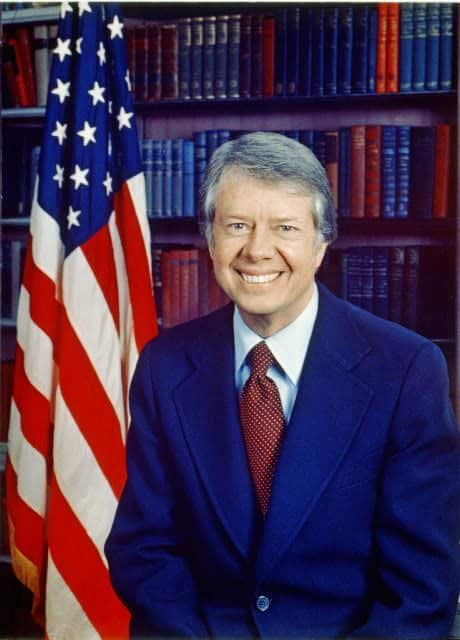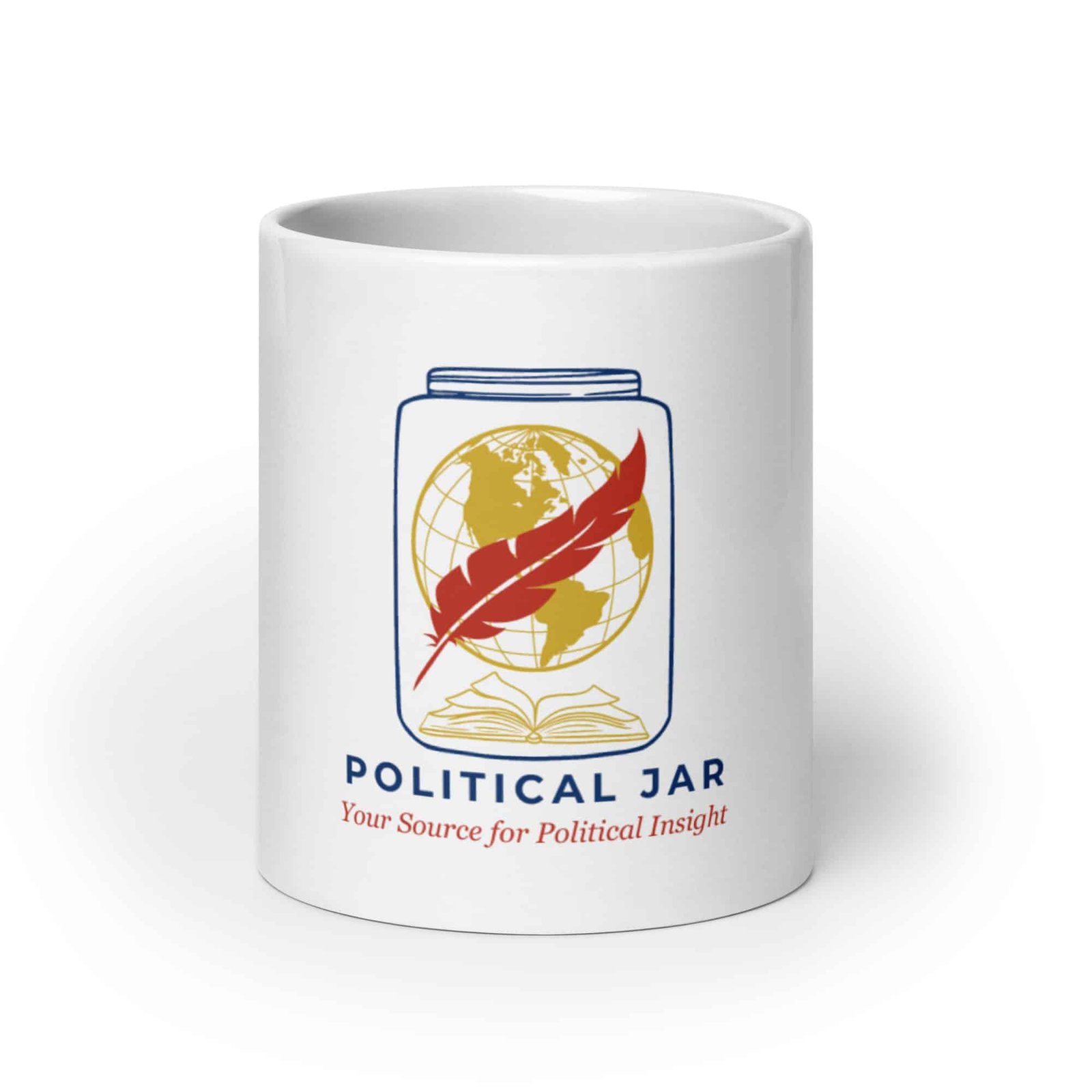
Political Week in Review: April 26 – May 2, 2025
By Political Jar
The final days of April 2025 delivered a whirlwind of political developments across the globe. From escalating geopolitical tensions to significant shifts in domestic policies, these events are poised to have lasting impacts. Here’s a comprehensive overview of the key political happenings during this period.
1. President Trump Proposes Revoking Harvard’s Tax-Exempt Status
What Happened:
On May 2, President Donald Trump announced plans to revoke Harvard University’s tax-exempt status, accusing the institution of political and ideological bias. This move follows the freezing of $2.2 billion in federal research grants to Harvard. The university condemned the action as unlawful, arguing it violates tax code provisions and could have far-reaching consequences for U.S. higher education. Reuters
Why It Matters:
This unprecedented move challenges the autonomy of educational institutions and raises concerns about political interference in academia. If successful, it could set a precedent affecting the nonprofit sector and the principle of academic freedom.Reuters
2. Rep. Mikie Sherrill Suggests Third Impeachment for Trump Amid Gubernatorial Bid
What Happened:
During a town hall on April 26, Rep. Mikie Sherrill (D-NJ) proposed the idea of impeaching former President Donald Trump for a third time as part of her campaign for New Jersey governor. This comment aligns with broader Democratic calls for bold actions to counter Republican influence. New York Post
Why It Matters:
Sherrill’s statement underscores the enduring political polarization in the U.S. and highlights how national figures continue to influence state-level politics. It also reflects the Democratic Party’s strategy to mobilize its base by focusing on accountability and resistance to Trump’s policies.New York Post
3. Pakistan Seeks Gulf Allies’ Help to Ease India Tensions Following Kashmir Attack
What Happened:
Following a deadly attack in Indian-administered Kashmir on April 22 that killed 26 individuals, Pakistan’s Prime Minister Shehbaz Sharif met with ambassadors from Saudi Arabia, Kuwait, and the UAE to seek support in defusing escalating tensions with India. Pakistan denies involvement in the attack and has offered to participate in an impartial international investigation. AP News
Why It Matters:
The involvement of Gulf nations in mediating between two nuclear-armed neighbors highlights the international community’s role in regional stability. The situation underscores the fragile nature of peace in South Asia and the potential global implications of renewed conflict.AP News
4. Germany’s AfD Designated as ‘Extremist’ by Domestic Intelligence
What Happened:
Germany’s domestic intelligence service officially classified the far-right Alternative für Deutschland (AfD) party as an “extremist” organization, granting authorities expanded surveillance powers. The AfD condemned the classification and announced plans for legal action. The Guardian+1The Guardian+1The Guardian+1The Guardian+1
Why It Matters:
This designation reflects Germany’s commitment to combating extremist ideologies and preserving democratic values. However, it also raises questions about political freedoms and the balance between security and civil liberties.
5. UK Local Elections See Surge in Support for Reform UK
What Happened:
The 2025 local elections in the UK resulted in significant gains for Nigel Farage’s Reform UK party, which seized control of several councils and won its first parliamentary seat. Both the Conservative and Labour parties suffered losses, indicating a shift in the political landscape.
Why It Matters:
The rise of Reform UK suggests growing public dissatisfaction with traditional parties and could signal a realignment in British politics. This shift may influence future national policies and the UK’s approach to issues like immigration and economic reform.
6. U.S. State Department Delays Venice Biennale Participation Amid Political Shifts
What Happened:
With just a year left before the 2026 Venice Biennale, the U.S. State Department delayed its application process for the U.S. Pavilion, causing concern in the art world. The delay, attributed to political shifts under the Trump administration, raised fears that the U.S. might skip participation for the first time since World War II.
Why It Matters:
The delay reflects how domestic politics can influence international cultural engagement. Participation in global events like the Biennale is crucial for cultural diplomacy and showcasing national values on the world stage.
Thank you for choosing Political Jar for you political information.


